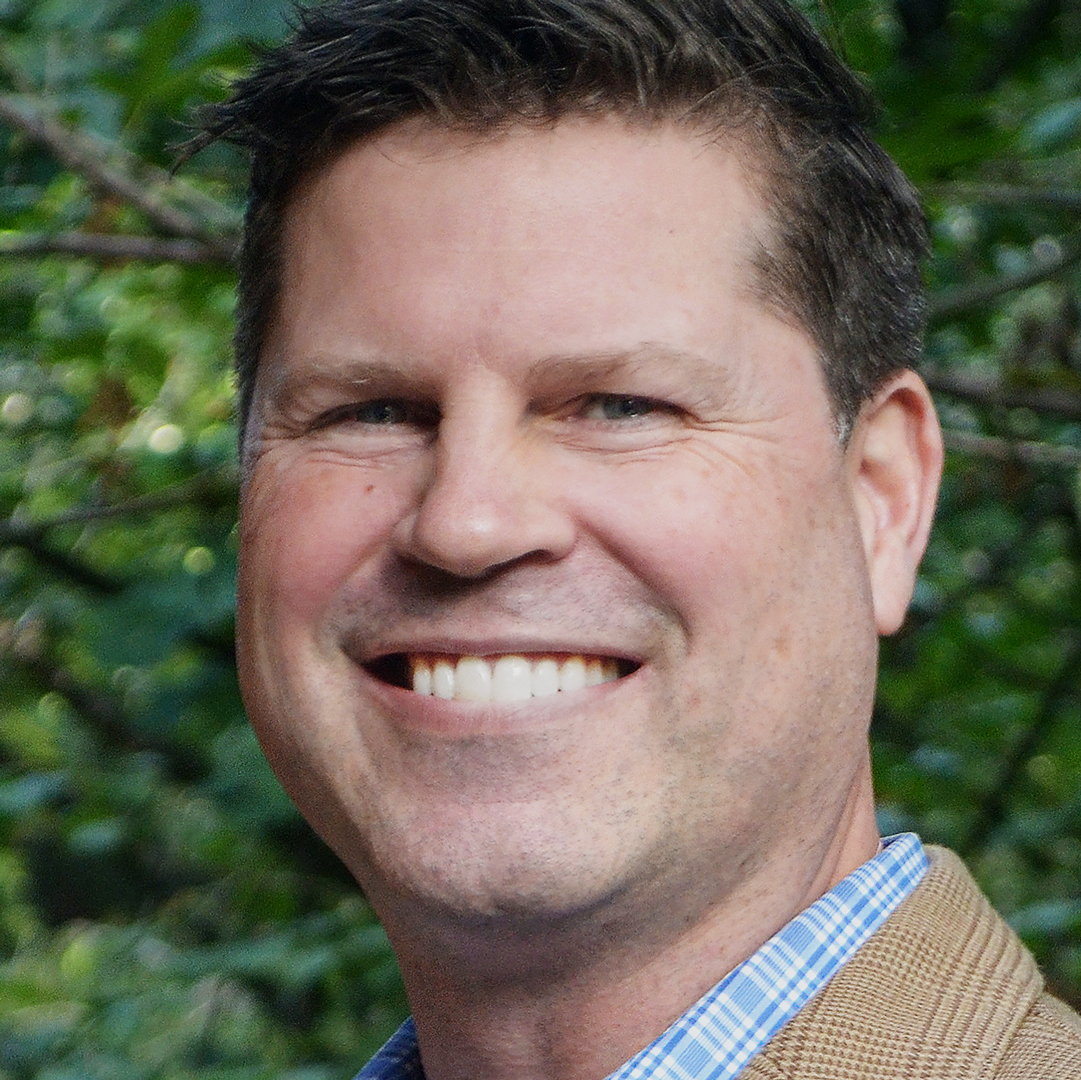|
Getting your Trinity Audio player ready...
|
“I still have my nurse’s license,” says Emilie Rayman, vice president of legal, chief compliance officer, and general counsel at Community Memorial Health System in Los Angeles. “I’ve maintained it for more than forty years. As I was completing my MSN, I knew I wanted to pursue a doctoral degree. So I went to my counselor for guidance.”
The usual postdoctoral employment prospects—heading a nursing department or becoming a teacher—held little appeal for her. “I was already the director of emergency services,” Rayman recalls, “and I wanted something more challenging.” When the counselor suggested law school, the die was cast.
“The material itself wasn’t that hard to master, but the amount of work—up to five hundred pages of reading per night plus holding a full-time job—was,” she says of earning her JD from the University of West Los Angeles while working full-time at KPMG.
It also required a major change to her problem-solving approach. “In medicine, you face specific symptoms and then work backward to determine a diagnosis. In law, you build a case by sifting through accumulated information to construct a case that supports your situation. It was difficult to do at first, but I overcame it.”
“In medicine, you face specific symptoms and then work backward to determine a diagnosis. In law, you build a case by sifting through accumulated information to construct a case that supports your situation. It was difficult to do at first, but I overcame it.”
Liberty Mutual recruited her right after graduation to serve as in-house counsel, concentrating on workers’ comp litigation. One case in particular has stayed with her.
“A hospital lab technician had contracted AIDS and was suing her employer because of it. Because of my nursing background, I understood how that could happen, but I was required to dig into her history,” Rayman says. “I discovered that she’d had an earlier surgery with a blood transfusion that might have been the cause of her disease. We used that information against her. That was when I decided I really didn’t like litigation.”
Rayman’s next step was IBM Global Services. Subsequently, in 2007, she became Community Memorial Health System’s chief compliance officer. Soon, a major success resulted in her promotion to general counsel.
Community Memorial’s CEO faced a quandary. He wanted to build a new hospital, but he was about to sign a corporate integrity agreement (CIA) with the Office of Inspector General. That would have put a government watchdog over all of the hospital’s financial activity and perhaps dissuade capital campaign donors.
Rayman’s hybrid background helped her understand and negotiate out of the CIA. “I have an easy time communicating with healthcare providers; they see me as part of their group, and we all speak the same language. The same is true for my legal contacts,” she says.
“It seems that each month there are new rules, regulations, interpretations, even new laws themselves. If you pursue law, I can guarantee you’ll never be bored.”
Some of her latest work involves the California Consumer Privacy Act (CCPA), which gives consumers more control over the personal information that businesses collect about them.
Enacted just before the COVID-19 pandemic struck, CCPA includes stiff penalties for noncompliance. “We have our own safeguards in place, but many of our vendors do not,” Rayman says. Some of them have had data breaches or other violations, and because CCPA enables consumers to sue over those violations, that can create headaches for the hospital as well.
“A consumer could sue one of our vendors and then try to pull us into the litigation as well. Even though we’re not directly involved, we’re still required to report the incident to the state attorney general, devise a way to quickly notify the affected consumers, and provide them with at least a year of free Equifax monitoring. Those costs add up fast.”
And while the COVID-19 pandemic has pushed many operations into working remotely, Rayman and her eight-person team regularly convene in the physical office. “There is so much that must be handled in person,” she says. “For example, government notices, such as subpoenas, are delivered by regular mail to the office. You can’t access those documents when you’re working at home.” Still, virtual work is an option for those who need it.
Looking back, Rayman concedes that the transition to practicing law wasn’t love at first sight. “I went into the field simply to earn a doctoral degree, but over time I came to love it. It seems that each month there are new rules, regulations, interpretations, even new laws themselves. If you pursue law, I can guarantee you’ll never be bored.”


